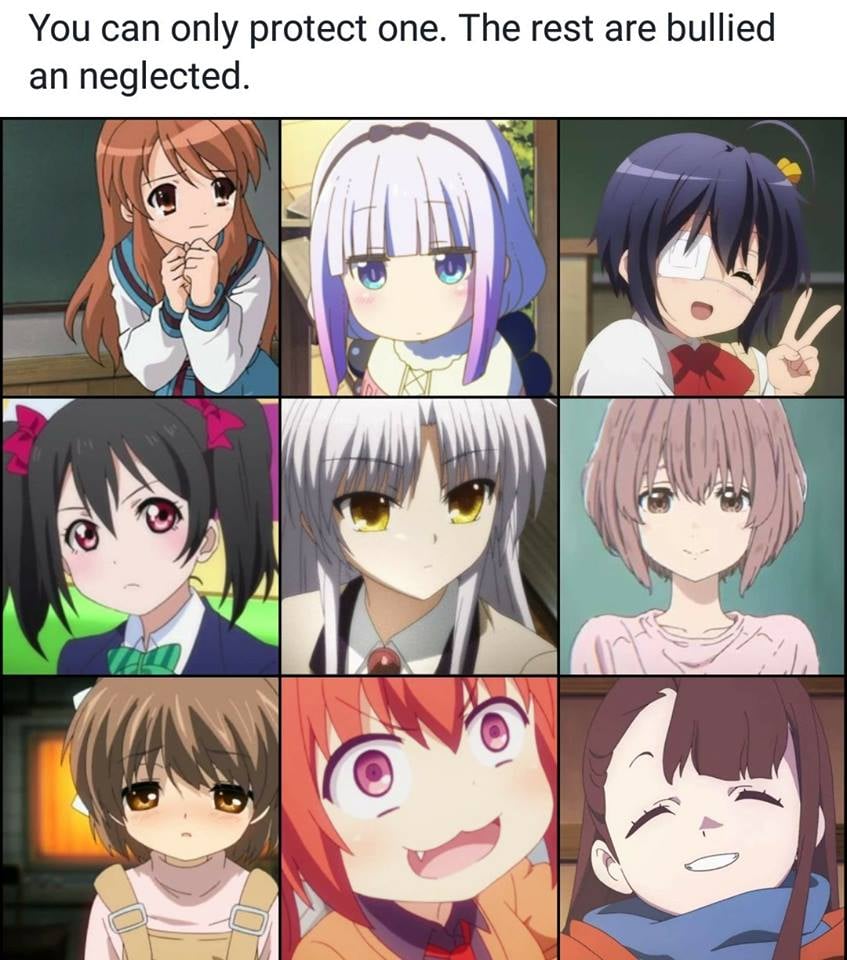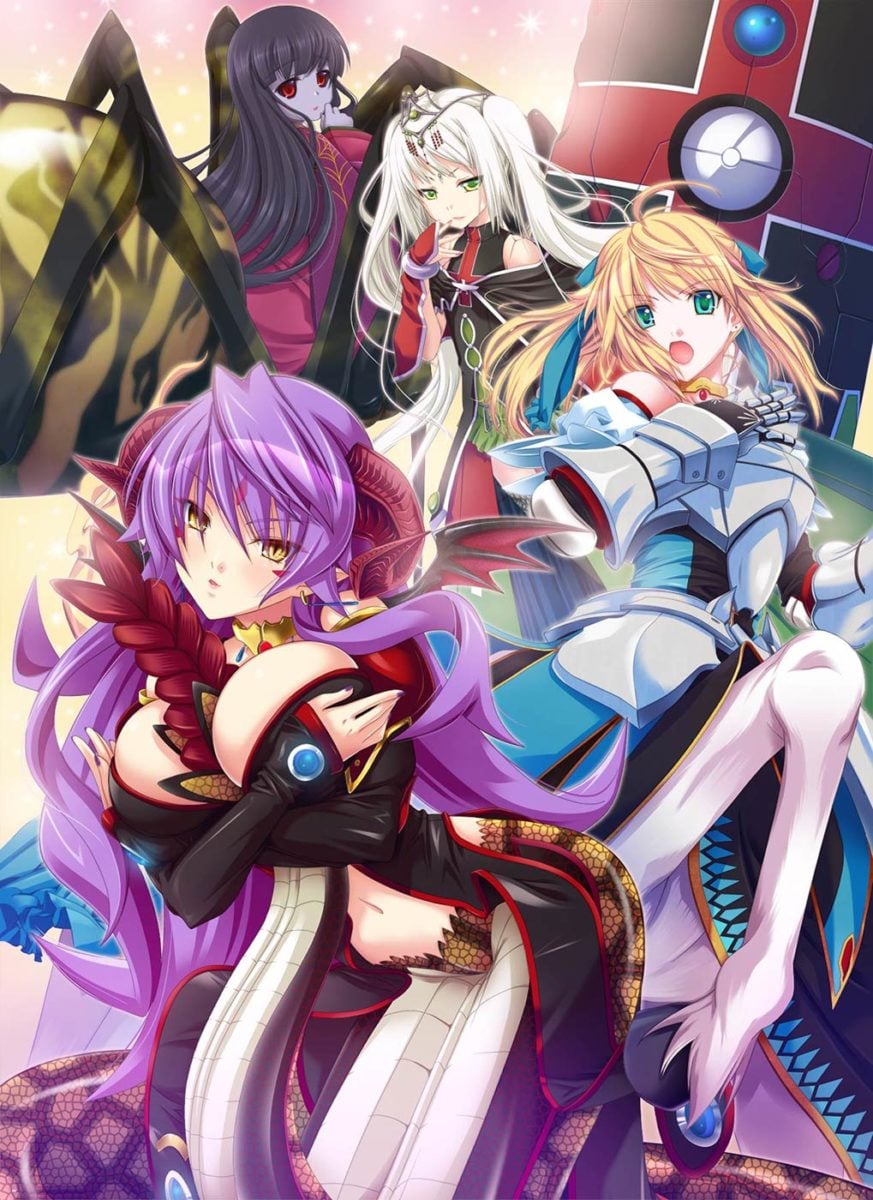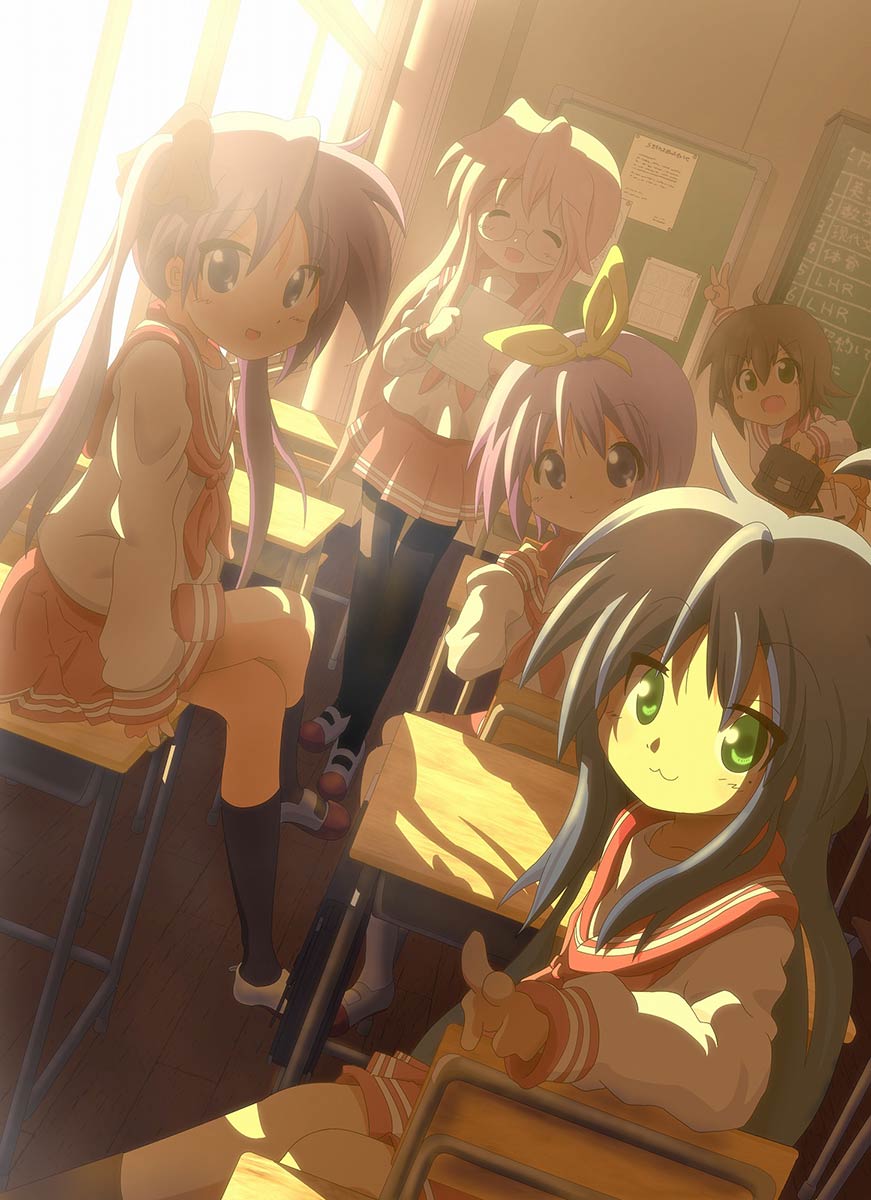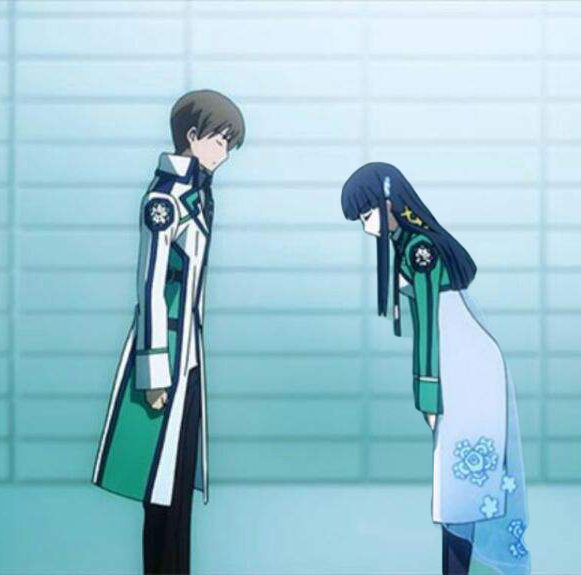It’s time once again for Golden Week, a series of Japanese holidays that happens to fall more or less within the same week. Japanese use the long holiday period to travel, and millions of city-dwellers make a mass exodus away from their homes, visiting family or taking a vacation in other parts of the country. Unfortunately, anyplace that we’d like to take the kids during Golden Week — the mountains, hot springs, Tokyo Disneyland — is packed with refugees from Tokyo, making it virtually impossible to go anywhere fun.
It’s said in Japan that the U.S. is a “horizontal” society (yoko no shakai) while Japan is “vertical” (tate no shakai), supposedly due to the fact that life in the U.S. is merit-based whereas progression up the social ladder in Japan is founded on age and seniority. While I don’t believe that this statement is accurate anymore — Japan has become a lot more meritorious over the past decade — it’s certainly true that relationships here are very up-down, with a clear idea that the older you are (or the longer you’ve been in an organization), the more erai (eh-RAI, meaning high-ranking) you are compared to others. This concept of established rank in human relationships is all around you when you’re in Japan, you can’t get away from it — it’s even built into the language. When a younger person speaks to an older person, even if he’s just one year older, he must use keigo, or polite Japanese, which effectively organizes everyone in the room according to level in a way that is impossible to conceive of in English. To not use the “right” language for your level (say, speaking informally to your boss) is disconcerting to others, especially in business or school settings, and makes you sound cheeky. The whole system of vertical relationships may sound odd, but it actually makes interaction work more smoothly, because everyone knows what to expect from everyone else — it’s almost like TCP/IP for humans.
A lot of these “vertical” concepts are encountered by anime fans. Take the idea of a senpai (also written sempai), an upperclassman in a school or senior employee in an organization, and in anime, often the label used by a girl who has a crush on an older boy. Being senpai brings respect from kouhai (underclassmen, younger members of the organization), but it also comes with a requirement that you play the part, helping and guiding those underneath you and doing things like paying for their meals at restaurants. Virtually every kind of group in Japan follows these senpai/kouhai rules, even sumo wrestlers — I once went to see a daily sumo practice at a stable and was surprised to see how roughly the older wrestlers handled their underlings, slapping them around as a way of reinforcing the up-down relationship. There’s a third grouping, too, doukyusei, which are people who are on the same level as you, i.e. classmates at school. Doukyusei relationships are basically neutral in terms of rank or level.















